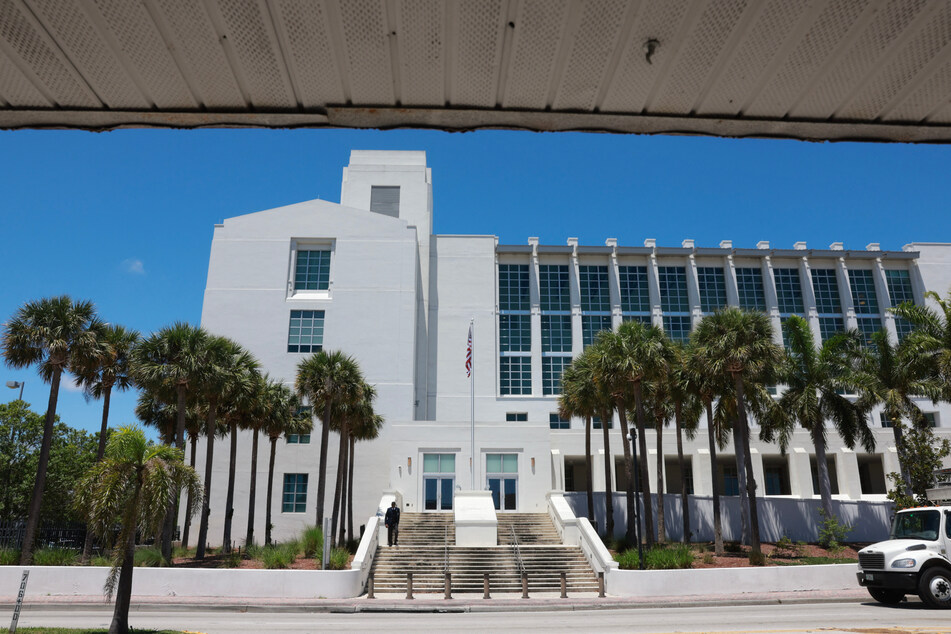Judge in Trump's classified docs case denies prosecutor's request for gag order
Fort Pierce, Florida - Federal Judge Aileen Cannon, who is overseeing the classified documents case against presidential candidate Donald Trump, has rejected a request from prosecutors for a gag order.

Judge Cannon issued her ruling through a paperless order on Tuesday, arguing special counsel Jack Smith, who has led the case, and his office did not follow court rules when they failed to confer with the defense before filing their request for the order.
"Because the filing of the Special Counsel's Motion did not adhere to these basic requirements, it is due to be denied without prejudice," Cannon wrote.
"It should go without saying that meaningful conferral is not a perfunctory exercise," she added.
She went on to say prosecutors can refile their request as long as they give the defense "sufficient time" to review it.
The rejection came in response to a filing from Smith last Friday, which sought the gag order after Trump began spreading the false claim that FBI agents were authorized to "assassinate" him during their raid of his Mar-a-Lago estate back in August 2022.
Trump's attorneys responded on Monday by urging the judge to deny the request, describing the order as "unconstitutional censorship" prosecutors were "pursuing media coverage rather than justice" by submitting it prior to Memorial Day weekend.
Judge Aileen Cannon again faces speculation over her impartiality

Donald Trump is facing federal charges for taking dozens of classified documents after leaving the White House and his alleged efforts to obstruct attempts by authorities to retrieve them.
Judge Cannon, who was appointed by Trump during his presidency in 2020, has faced heavy criticism throughout the trial for issuing a number of rulings that some have argued clearly favor Trump, demonstrating her inability to be impartial.
Earlier this month, she ruled to delay the trial indefinitely, destroying prosecutors' attempts to get a start date for the trial before the general elections in November.
Some legal experts have suggested that in this instance, Judge Cannon's ruling was right, as the court's local rules indeed require both sides to confer before filing specific motions.
Cover photo: Collage: Drew Angerer / GETTY IMAGES NORTH AMERICA / Getty Images via AFP & Jim WATSON / AFP
